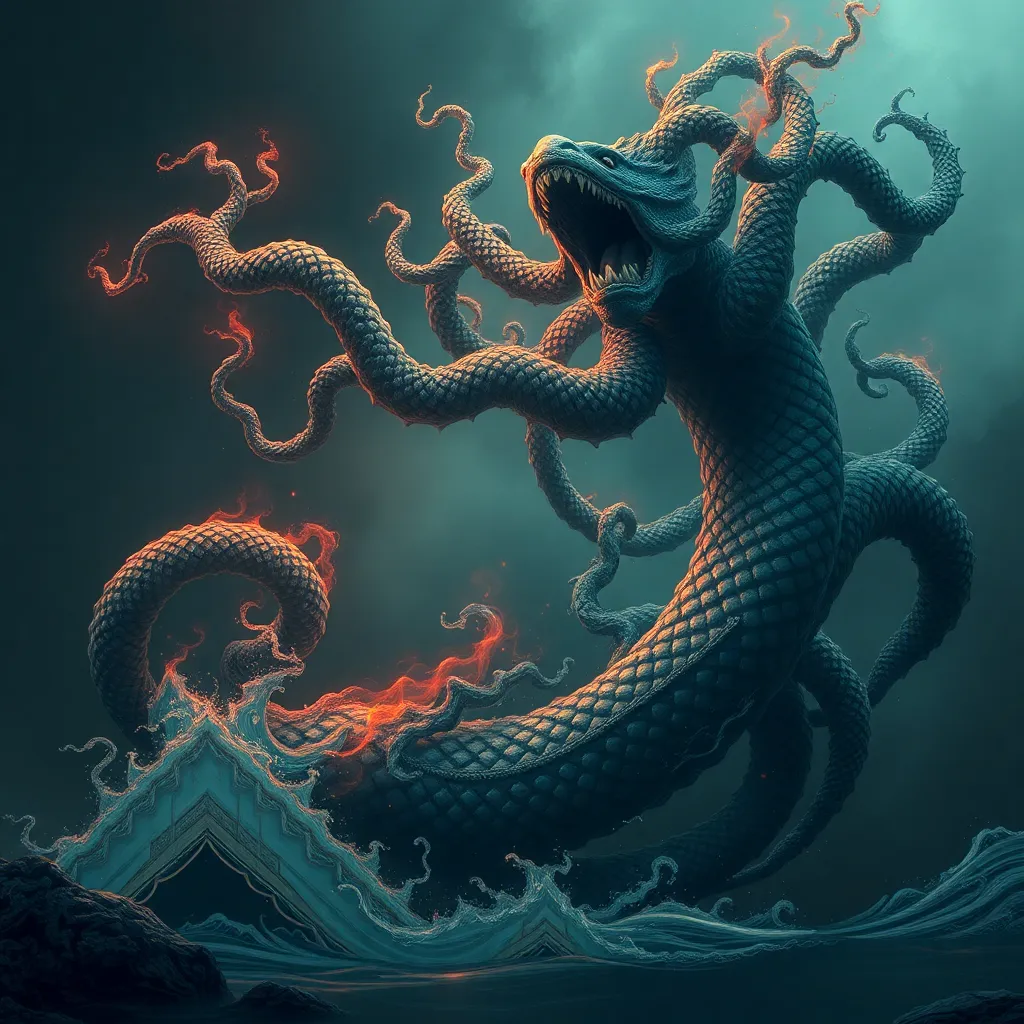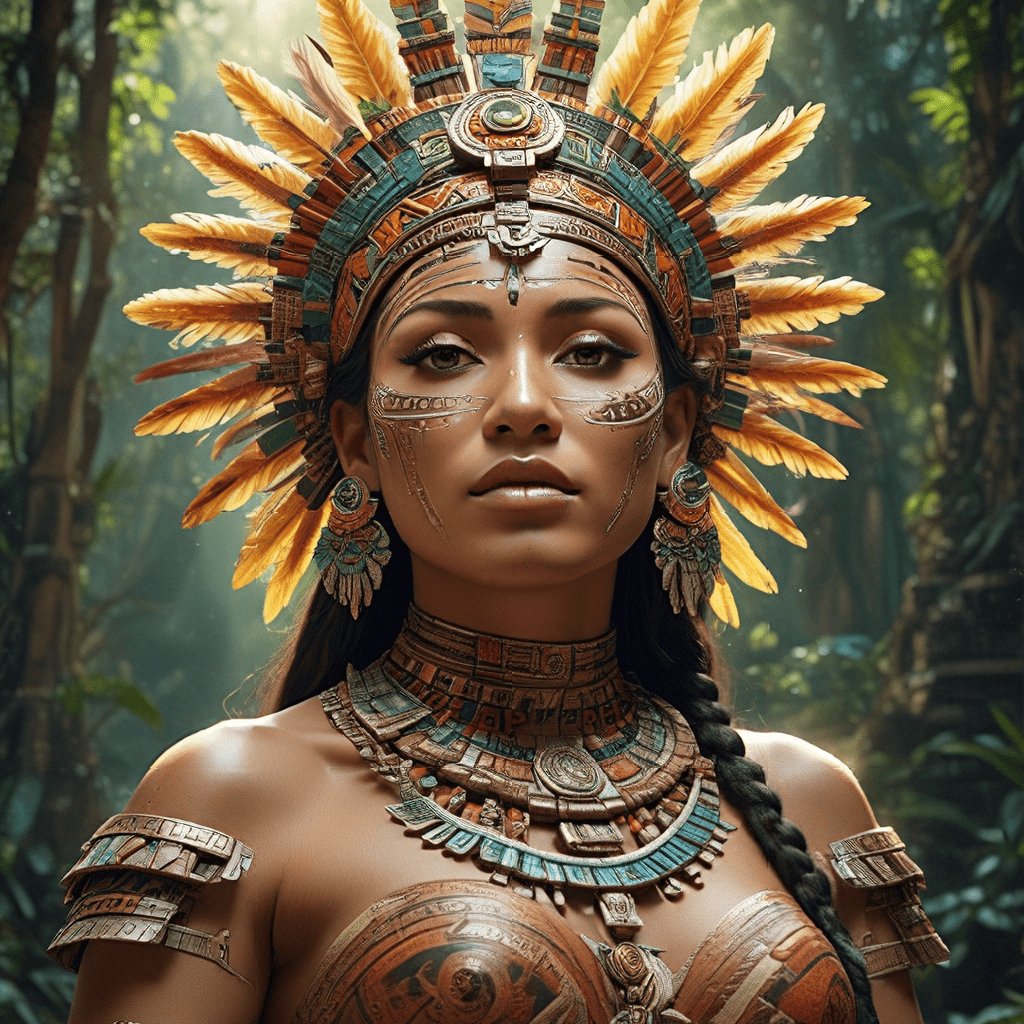The Hydra’s Tale: Analyzing the Legend’s Influence on Storytelling and Performance
I. Introduction
The Hydra, a formidable creature from Greek mythology, is often depicted as a multi-headed serpent that terrorized the land of Lerna. With each head severed, two more would grow in its place, making it an enduring symbol of resilience and chaos. This legend has transcended time, influencing various forms of storytelling and performance through its rich symbolism and themes. This article aims to explore the Hydra’s impact on storytelling and performance, examining its origins, themes, representations in literature and the arts, and its relevance in modern narratives.
II. The Origins of the Hydra Legend
The Hydra’s legend is rooted in ancient Greek mythology, where it was said to reside in the swamps of Lerna. According to myth, the creature was born of Typhon and Echidna, two other monstrous figures in Greek lore. The most notable narrative involving the Hydra is found in the Twelve Labors of Heracles. Tasked with slaying the beast, Heracles faced the daunting challenge of its regenerative abilities, which made it nearly invincible.
Key sources that detail the Hydra’s story include:
- Hesiod’s “Theogony” – Provides the genealogy of the Hydra and its monstrous lineage.
- Apollodorus’ “Bibliotheca” – Chronicles the adventures of Heracles, including the labor of slaying the Hydra.
These texts highlight not only the creature’s fearsome nature but also the heroic qualities required to confront such a formidable opponent.
III. Symbolism and Themes in the Hydra’s Story
The Hydra embodies several powerful symbols and themes that resonate deeply in storytelling. Its ability to regenerate heads reflects resilience and the idea that challenges can multiply when one attempts to overcome them. This characteristic has made the Hydra a symbol of:
- Resilience: The Hydra continues to thrive despite attempts to defeat it, representing the tenacity of life.
- Chaos: The creature’s many heads symbolize the chaotic nature of conflicts and problems that can arise in life.
Additionally, the themes of struggle and heroism are prevalent in the Hydra’s narrative. Heracles’ battle with the beast serves as a metaphor for the broader human experience of facing insurmountable odds and the courage required to confront chaos.
IV. The Hydra in Literature and Folklore
The Hydra has been referenced in various literary works across cultures, illustrating its universal appeal and the common themes it embodies. Notable representations include:
- Ovid’s “Metamorphoses” – Where the Hydra is mentioned in the context of transformation and the struggle against monstrous forces.
- Modern Fantasy Novels – Many authors have drawn inspiration from the Hydra, integrating similar multi-headed beasts into their narratives to symbolize complex challenges.
When compared to other mythological creatures, such as the Chimera or Cerberus, the Hydra stands out for its regenerative ability, representing a unique aspect of conflict in storytelling. While many creatures symbolize singular challenges, the Hydra’s multiple heads suggest an ongoing battle with recurring problems.
V. The Hydra in Visual and Performing Arts
The Hydra’s vivid imagery has made it a popular subject in visual arts. Artists throughout history have depicted the creature in various forms, including:
- Painting: Renaissance artists often illustrated Heracles battling the Hydra, capturing the dynamic struggle and drama of the scene.
- Sculpture: Statues of the Hydra can be found in various museums, showcasing its fearsome appearance and the intricacies of its many heads.
In addition to visual arts, the Hydra has found its way into theater and film. Modern adaptations often reinterpret the myth, using the Hydra as a metaphor for contemporary issues, such as environmental challenges or personal struggles. The creature’s adaptability and resilience resonate in today’s narratives, reflecting the ongoing human experience.
VI. The Hydra’s Influence on Modern Storytelling
The narrative structure of the Hydra’s tale has significantly shaped contemporary storytelling. The idea of facing multiple challenges, akin to battling a hydra, is prevalent in modern narratives, particularly in:
- Fantasy and Action Genres: Heroes often confront numerous adversaries or issues that seem to multiply as they progress.
- Video Games: Many games feature multi-headed boss battles that require players to adapt their strategies continuously.
Furthermore, the Hydra serves as a powerful metaphor in modern media. It represents the complexities of life, the multifaceted nature of problems, and the idea that solutions may lead to new challenges, encouraging audiences to embrace resilience and adaptability.
VII. Lessons from the Hydra: Resilience and Adaptation in Storytelling
The Hydra’s tale imparts valuable lessons on resilience and adaptation in storytelling. Key insights include:
- Overcoming Challenges: Just as Heracles faced the daunting task of slaying the Hydra, storytellers are encouraged to confront and navigate complex narratives.
- Adaptability: Characters must evolve and adapt in response to new challenges, much like Heracles used fire to cauterize the stumps of the severed heads to prevent regeneration.
These lessons emphasize the importance of character development and the ability to tackle unforeseen obstacles, making for more engaging and relatable stories.
VIII. Conclusion
The legacy of the Hydra in storytelling and performance is one of enduring relevance. Its rich symbolism and themes of resilience, chaos, and heroism continue to inspire writers, artists, and performers alike. The Hydra’s tale serves as a reminder of the complexities of life and the importance of adaptability in the face of challenges. As contemporary narratives evolve, the influence of mythological tales like that of the Hydra remains a testament to the enduring power of storytelling.



